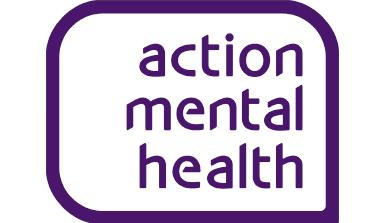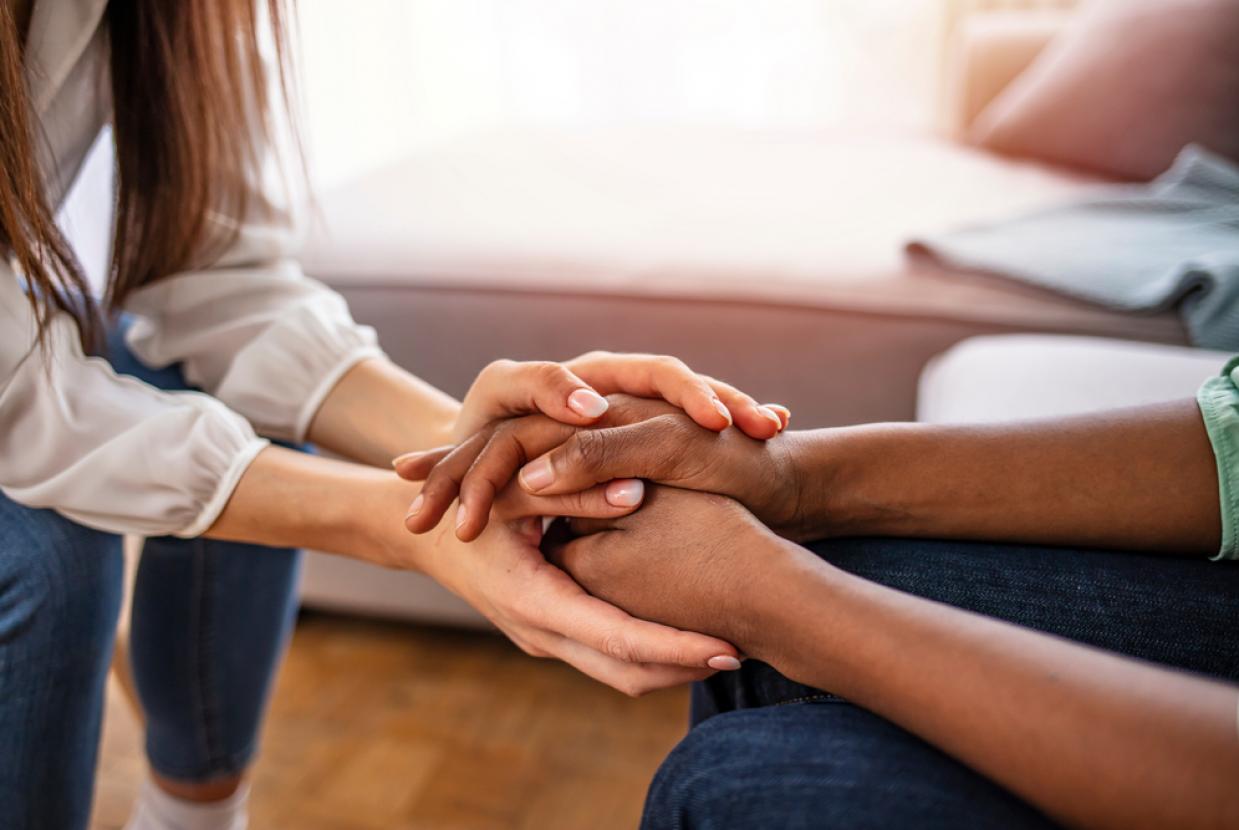Top Tips For Reducing Loneliness
Mental HealthSomeone who’s lonely probably also finds it hard to reach out. There’s a stigma surrounding loneliness, and people tend not to ask for help because they have too much pride. But it’s important to remember loneliness can – and does – affect anyone, of any age.
Some ideas of things you can do to help tackle loneliness:
- Smile, even if it feels hard – Grab every chance to smile at others or begin a conversation – for instance, with the cashier at the shop or the person next to you in the GP waiting room. If you’re shy or not sure what to say, try asking people about themselves.
- Invite friends for tea – If you’re feeling down and alone, it’s tempting to think nobody wants to visit you. But often friends, family and neighbours will appreciate receiving an invitation to come and spend some time with you.
- Keep in touch by phone – Having a chat with a friend or relative over the phone can be the next best thing to being with them.
- Learn to love computers – If your friends and family live far away, a good way to stay in touch is by using a computer or tablet. Libraries and community centres often hold regular training courses to learn basic computer skills – as well as being a good place to meet and spend time with others in their own right.
- Get involved in local community activities – These will vary according to where you live, but the chances are you’ll have access to a singing or walking group, book clubs, bridge, bingo, quiz nights and faith groups.
- Fill your diary – It can help you feel less lonely if you plan the week ahead and put things in your diary to look forward to each day, such as a walk in the park or going to a local coffee shop, library, sports centre or cinema.
- Get out and about – Don’t wait for people to come and see you, travel to visit them.
- Help others – Use the knowledge and experience you have gained to give something back to your community.







































































































































